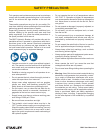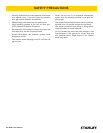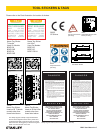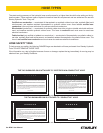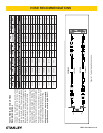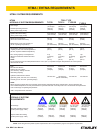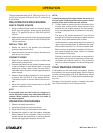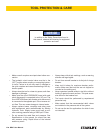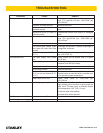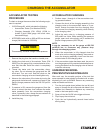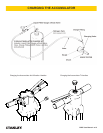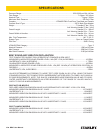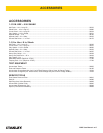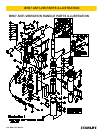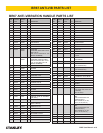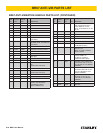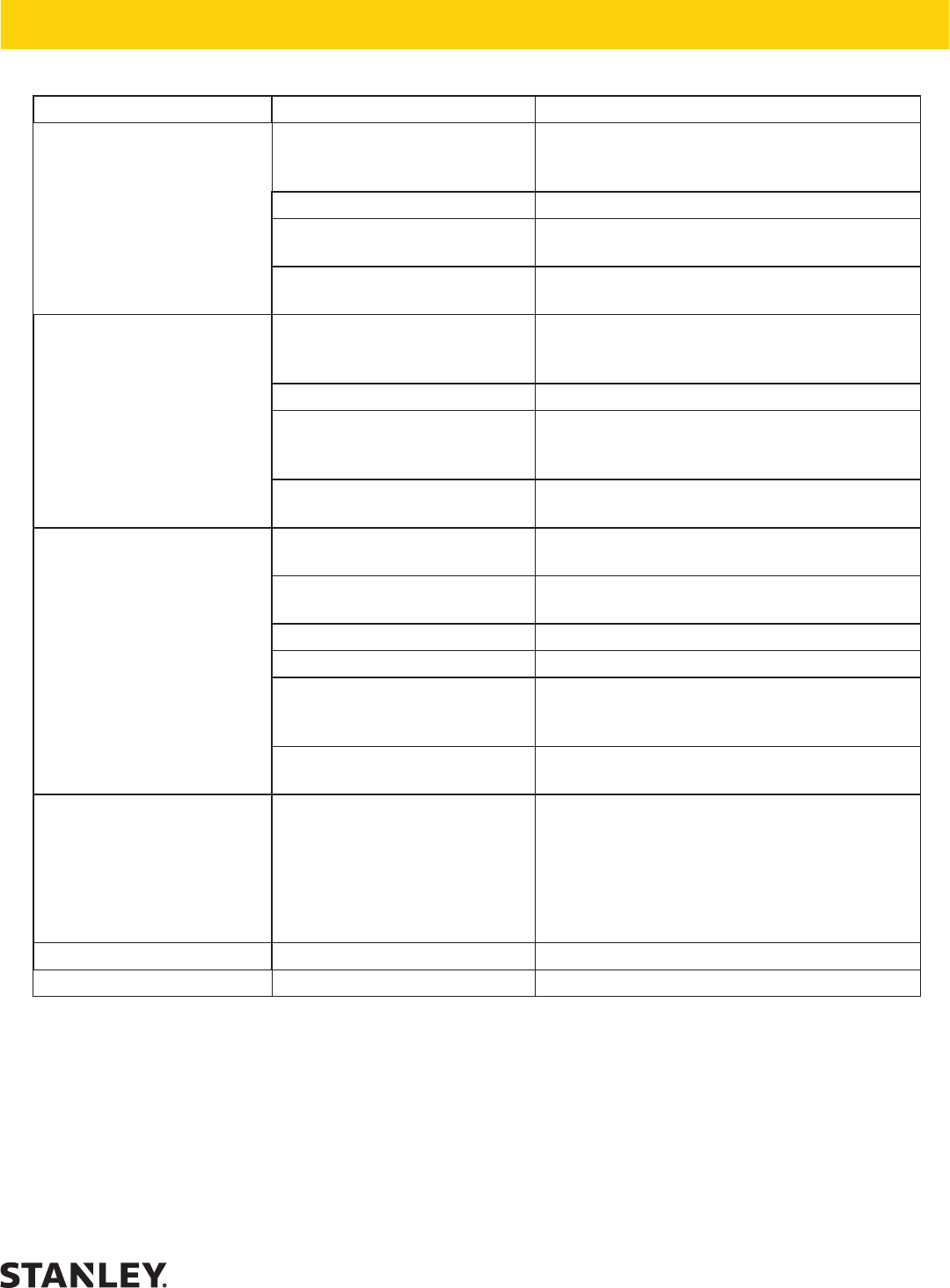
BR67 User Manual ◄ 13
PROBLEM CAUSE REMEDY
Tool does not run. Power unit not functioning. Check power unit for power ow and pres-
sure (7–9 gpm/26–-34 lpm, 1500–2000 psi/
105–140 bar.
Couplers or hoses blocked. Remove restriction.
Pressure and return line hoses
reversed at ports.
Be sure hoses are connected to their proper
ports.
Mechanical failure of piston or
automatic valve.
Disassemble breaker and inspect for damaged
parts.
Tool does not hit effectively. Power unit not functioning. Check power unit for power ow and pres-
sure (7–9 gpm/26–34 lpm, 1500–2000 psi/
105–140 bar.
Couplers or hoses blocked. Remove restriction.
Low accumulator charge (pres-
sure hose will pulse more than
normal).
Recharge accumulator. Replace diaphragm if
charge loss continues.
Fluid too hot (above 140 °F/
60 °C).
Provide cooler to maintain proper uid tempera-
ture (130 °F/55 °C).
Tool operates slow. Low gpm supply from power
unit.
Check power unit for proper ow (7–9 gpm/
26–34 lpm).
High back-pressure. Check hydraulic system for excessive back-
pressure (over 200 psi/14 bar).
Couplers or hoses blocked. Remove restriction.
Orice plug blocked. Remove restriction.
Fluid too hot (above 140 °F/
60 °C) or too cold (below 60 °F/
16 °C).
Check power unit for proper uid temperature.
Bypass cooler to warm the uid or provide cool-
er to maintain proper temperature.
Relief valve set too low. Adjust relief valve to 2100–2250 psi/
145–155 bar.
Tool gets hot. Hot uid going through tool. Check power unit. Be sure ow rate is not too
high causing part of the uid to go through the
relief valve. Provide cooler to maintain proper
uid temperature (140 °F/60 °C max).
Check the relief valve setting.
Eliminate ow control devices.
Fluid leakage on tool bit. Lower piston seal failure. Replace seal.
Fluid leakage around trigger. Valve spool seal failure. Replace seals.
TROUBLESHOOTING



